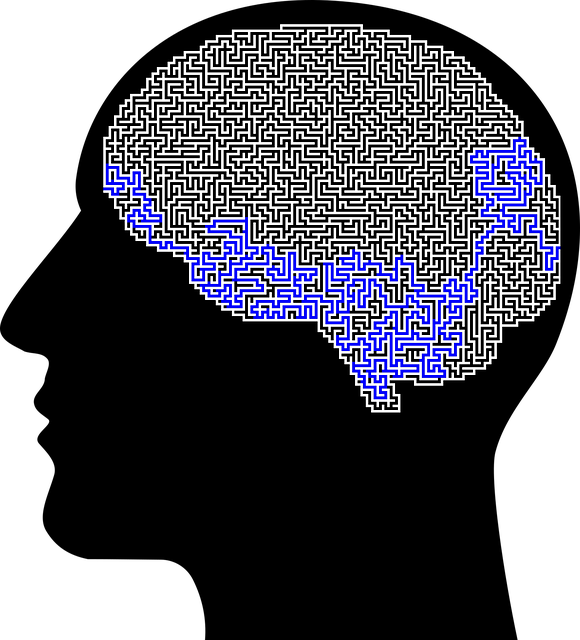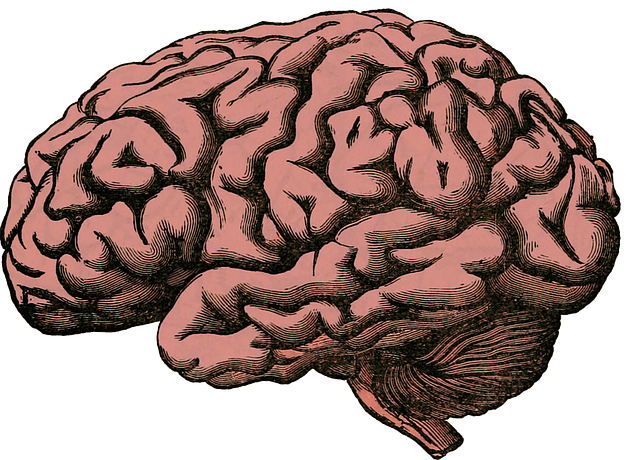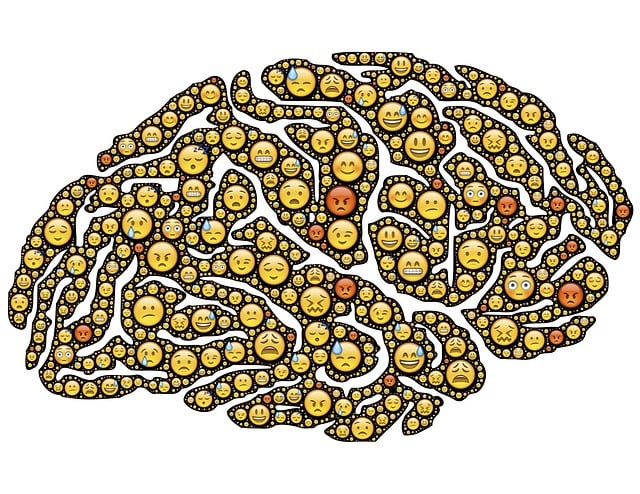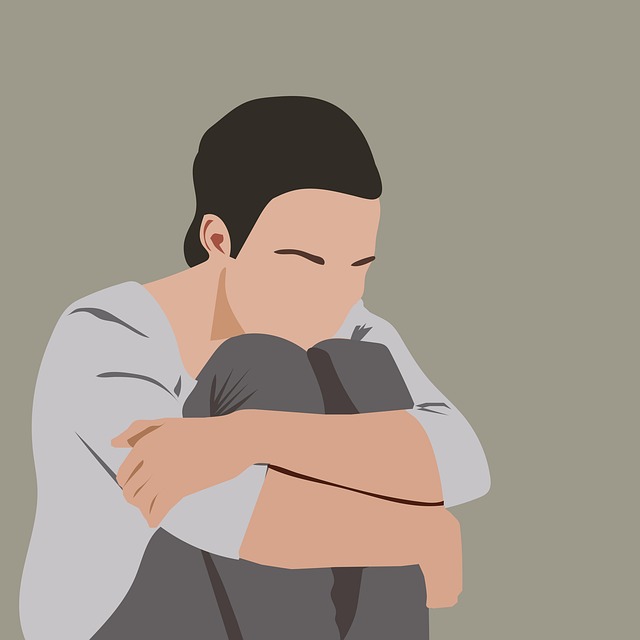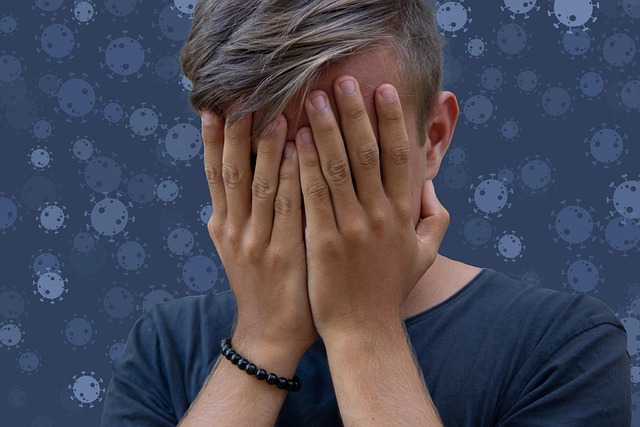In today's diverse society, mental healthcare professionals must be culturally sensitive to effectively serve elderly clients. The elderly are heterogeneous, with unique experiences and beliefs that shape their perspectives on health and well-being. Therapists should incorporate cultural nuances into sessions and testing, addressing language barriers and incorporating traditional healing practices. Understanding family dynamics and community support systems enhances mental health education, leading to tailored depression prevention strategies and positive therapy outcomes for elders. By tailoring services to reflect diverse cultural practices, therapists can improve the well-being and quality of life for therapy for elders and psychological testing.
In today’s diverse healthcare landscape, cultural sensitivity is paramount, especially in mental health services for the elderly. This article explores the intricate aspects of providing culturally competent care to this vulnerable population. We delve into the significance of understanding cultural diversity, addressing unique needs and beliefs, and overcoming barriers like language and cognitive differences. Additionally, we examine psychological testing practices, emphasizing the importance of adapting assessment tools to respect cultural contexts and avoid bias in therapy for elders and ethical considerations.
- Understanding Cultural Diversity in Elderly Populations
- – Exploring the significance of cultural sensitivity in mental healthcare for elders
- – Recognizing and addressing unique cultural needs and beliefs among elderly individuals
Understanding Cultural Diversity in Elderly Populations

In today’s diverse society, it is imperative for mental healthcare professionals to recognize and understand the vast cultural tapestry woven within elderly populations. The elderly are a heterogeneous group, encompassing individuals from various ethnic backgrounds, with unique experiences, beliefs, and value systems that shape their perspectives on health and well-being. This cultural diversity extends beyond race and ethnicity; it includes religious affiliations, linguistic differences, and socioeconomic factors. By embracing this complexity, therapists can create more inclusive and effective treatment plans for elders.
Cultural sensitivity in mental healthcare involves incorporating these nuances into therapy sessions and psychological testing. For instance, when working with elderly clients from different cultural backgrounds, therapists should be aware of potential language barriers and consider providing multilingual resources or interpreters. Additionally, understanding the role of family dynamics, community support systems, and traditional healing practices within diverse cultures can enhance the design of mental health education programs. Such initiatives may include depression prevention strategies tailored to specific cultural contexts, focusing on mood management techniques that resonate with a wide range of elders, ultimately fostering more meaningful connections and positive outcomes in therapy.
– Exploring the significance of cultural sensitivity in mental healthcare for elders

Cultural sensitivity is paramount in mental healthcare for elders, as it ensures that services are tailored to meet their unique needs and experiences. Elders from diverse backgrounds often face challenges related to ageism, cultural stereotypes, and language barriers, which can significantly impact their access and engagement with care. For instance, traditional therapy approaches might not resonate with those who value collective rather than individualistic healing practices. Therefore, therapists must be adept at incorporating culturally informed strategies, such as self-awareness exercises that respect elders’ life experiences and promote intergenerational connections.
Psychological testing should also consider cultural context to avoid misinterpretation of results. Tools designed for one culture might not accurately assess mental health in another. Training in social skills and emotional intelligence can help therapists build rapport with elders from various cultural backgrounds, fostering a safe space for open dialogue. By embracing these practices, mental healthcare providers can offer more effective therapy for elders, enhancing their well-being and quality of life.
– Recognizing and addressing unique cultural needs and beliefs among elderly individuals

Elderly individuals often bring a wealth of unique cultural experiences and beliefs into the mental healthcare setting. Recognizing and respecting these differences is crucial for delivering culturally sensitive therapy. Many elderly folks have lived through significant historical events, migration, or social changes that can shape their perceptions and approaches to mental health. For instance, they might hold traditional healing practices or religious rituals as part of their problem-solving arsenal. A therapist who understands and incorporates these cultural elements into therapy sessions can foster a deeper connection and improve treatment outcomes.
When conducting psychological testing or designing interventions for this demographic, it’s essential to consider the potential cultural influences on test results and therapeutic responses. This might involve adapting assessment tools to account for language barriers, literacy levels, or cognitive differences associated with aging. Additionally, promoting inner strength development, emotional regulation, and stress management workshops tailored to their experiences can be beneficial. Such initiatives not only respect cultural beliefs but also empower elders to navigate mental health challenges in a way that feels authentic to them.
Cultural sensitivity is a cornerstone in providing effective therapy for elders, ensuring that psychological testing and treatment align with their unique cultural contexts. By recognizing and respecting diverse beliefs and needs, mental healthcare professionals can create inclusive environments that foster trust and improve outcomes. Embracing cultural competency in mental healthcare not only benefits elderly individuals but also enriches the therapeutic process, allowing for a more nuanced understanding of their experiences.
